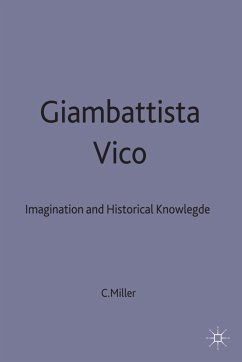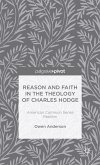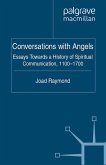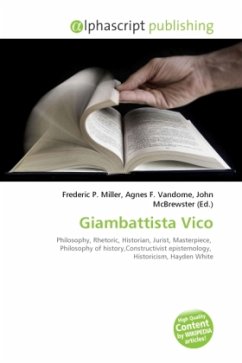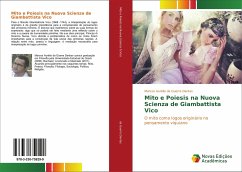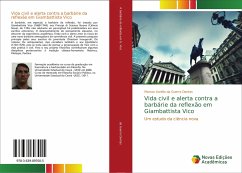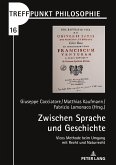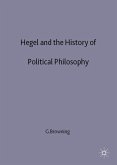The theories of language and society of Giambattista Vico (1668-1744) are examined in this textual analysis of the full range of his theoretical writings, with special emphasis on his little-known early works. Vico's fundamental importance in the history of European ideas lies in his strong anti-Cartesian, anti-French and anti-Enlightenment views. In an age in which intellectuals adopted a rational approach, Vico stressed the nonrational element in man - in particular, imagination - as well as social and civil relationships, none of them reducible to the scientific theories so popular in his time.
Bitte wählen Sie Ihr Anliegen aus.
Rechnungen
Retourenschein anfordern
Bestellstatus
Storno

